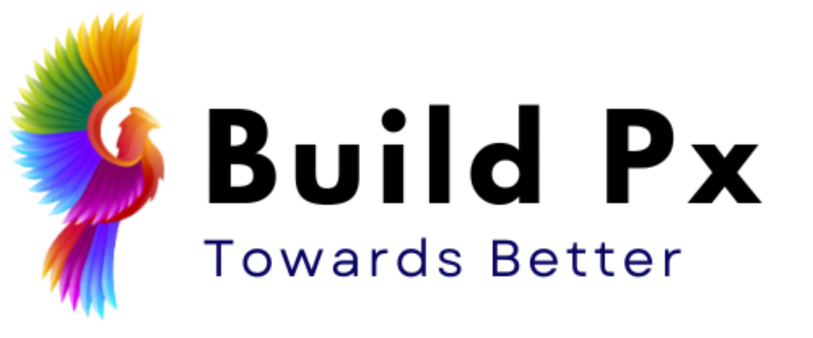How to unlock the full potential of your people function to drive business success.
Introduction
For too long, many have seen Human Resources as just a compliance function. They view it as a department focused on policies, procedures, and legal rules. While these elements are crucial, the modern business landscape demands more from HR.
In Australia, businesses face evolving market trends and talent shortages. They also manage the complexities of a hybrid workforce. In this environment, HR is now a critical driver of organisational success.
This article explores the evolution of HR from an administrative role to a strategic business partner. We will explain why this shift is essential for sustainable growth. We will also show how outsourced HR solutions can empower businesses to unlock the full strategic potential of their people function. This helps you move beyond mere compliance to actively shape culture, drive performance, and achieve key business outcomes.
The Evolution of HR: From Administrative to Strategic
Historically, many viewed the HR department as a cost centre. It was mainly responsible for administrative tasks like payroll, benefits, and record-keeping. Its role was largely reactive. It responded to immediate employee needs or regulatory changes. This traditional view limited HR’s impact on the broader business strategy.
However, several factors have driven a significant transformation in the HR function.
Changing Workforce Expectations
The rise of millennials and Gen Z has changed workplace expectations. They have different views on work-life balance, purpose, and development. This has pushed HR to focus more on the overall employee experience and engagement.
Increased Global Competition
Businesses now operate in a highly interconnected and competitive world. Attracting and retaining top talent has become a key differentiator. This elevates the importance of strategic talent management.
Technological Advancements
Automation of routine HR tasks through HRIS and other technologies has freed up HR professionals. They can now focus on more strategic initiatives. AI and data analytics also provide valuable insights into workforce trends and performance.
A Dynamic Business Environment
Markets, technology, and consumer behaviour change rapidly. Organisations must be agile and adaptable to succeed. HR plays a crucial role in managing organisational change. It helps foster a culture of innovation and builds a resilient workforce.
People as a Strategic Asset
There is a growing understanding that an organisation’s people are its most valuable asset. Investing in your team through strategic HR practices directly impacts productivity, profitability, and your competitive advantage.
This evolution has led to the rise of HR as a strategic business partner. In this new role, HR professionals are integral members of the leadership team. They contribute to key business decisions and shape the organisation’s future. They must understand the business strategy and translate it into effective people strategies. As the HRM online report noted, this shift is clear. The demand for strategic HR leaders is growing as they navigate complex issues like AI, talent shortages, and hybrid work.
Is your HR function still focused on compliance instead of strategy? Let us show you how a strategic HR partner can transform your business.


Leave a Reply